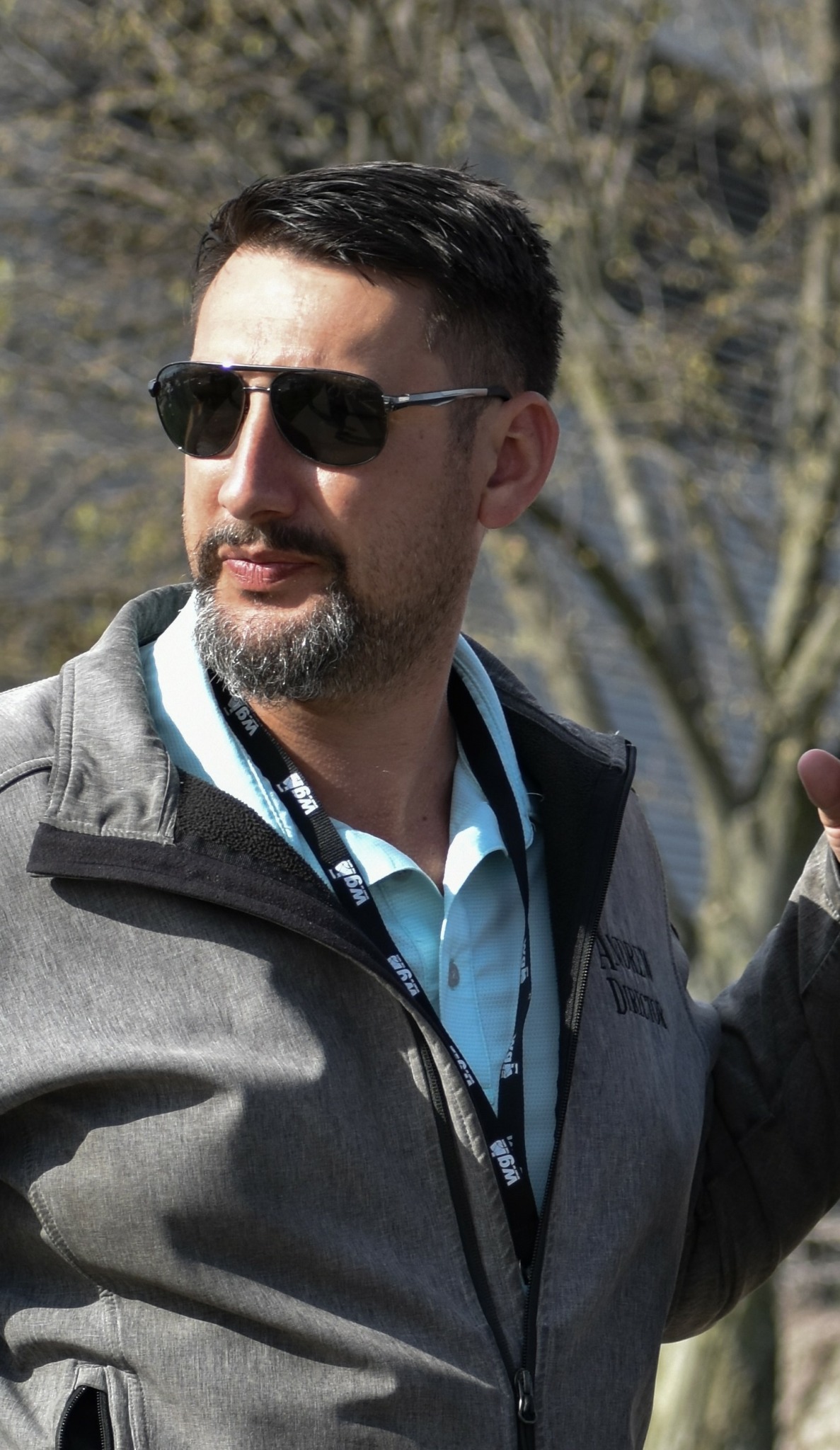We recently connected with Andrew Kriska and have shared our conversation below.
Andrew, looking forward to hearing all of your stories today. Can you recount a story of an unexpected problem you’ve faced along the way?
Running a start up non-profit can be a daunting task, no matter what industry or field you choose to steer the non-profit towards. The most obvious answer for a majority of non-profits; lack of funding, or until at least a donation base is established, and it was no different for us. But I think the real challenge for us was a physical location. I run a music focused youth ensemble, and a percussion ensemble at that. This means a lot of loud noise and as you can imagine, neighbors aren’t a huge fan of that after a while. Furthermore, the space we take up to do a rehearsal is impressive. About the size of a small gymnasium floor. It took several years of bouncing around locations, always on the edge of my seat if we were to be told we couldn’t be somewhere anymore. I was constantly asking questions of self doubt; Where would I go next? Is it even worth continuing to pour time and energy into this anymore? Little did I know an answer was right around the corner.
In my search for spaces, I stumbled across a warehouse that produced some of the audio equipment we used for the group. Audio Technica is a well respected name for microphones and that was the brand we used. I knocked on the door and the person that happened to answer was one of the company executives. Incredibly he was all ears with everything I had to say, and at the end of my speech looked at me for a moment and said, ” are you looking for a job?” I almost fell out of my chair. Fast forward to today and I am in year 3 of my employment with Audio Technica and my non-profit is able to use the parking lot as our practice space.
The search continues to find a more permanent situation, but with the right people lending a helping hand along the way, I’m confident we can figure it out.

Andrew, love having you share your insights with us. Before we ask you more questions, maybe you can take a moment to introduce yourself to our readers who might have missed our earlier conversations?
About 7 years ago, I founded a non-profit organization called Charles Towne Percussion, and its been a life changing experience. Growing up I was always involved in band; it was fun, engaging, and awe inspiring. Eventually that led to marching band, and what we refer to in the industry as the marching arts. The marching arts spans across several platforms; Marching band, Drum Corps, Winter guard, indoor percussion, etc. Once the time was right, I knew I was finally ready to start my own ensemble. Now, Charles Towne has blossomed into a wonderfully dynamic organization, with a full staff of volunteers, impacting students every season. The primary objective is giving these really talented teenagers an alternate outlet of growth; a place where they can thrive further than they would have on their own affordably, and in turn go back out and positively impact the community. Eventually we will expand to younger kids to start at an early level, and potentially create a local sports and event drumline. This would be steered towards students/individuals that struggle to afford the opportunity to be in band, may not have the experience, or just want to have fun! Overall, I couldn’t have asked for a more lifechanging experience as a musician, mentor, and enthusiast, all while learning to run this non-profit and engaging the people within it.

Is there something you think non-creatives will struggle to understand about your journey as a creative? Maybe you can provide some insight – you never know who might benefit from the enlightenment.
From my personal experience, non-creatives tend to view results and outcomes in a very statistical, calculable manner. Not that this is a bad thing, the world needs plenty of that! But the inherent value of creatives is that we see a different layer to the world, much like astrophysicists use different types of light to view the universe, resulting in a wildly unique view of information. Creatives see the value in people, as opposed to the dollar, and that can be just as important if you are wanting to build a strong team, company, business, etc. Running my non-profit I focus on this every single day. The power of people, how they interact with each other, the talent and viewpoints they can bring to the table, the connections they provide, are all the most important assets when I’m building my team. To take this a layer further; it’s what makes asking for support from the community sometimes very difficult. Most often, people outright say “No” to lending a hand, or taking a leap of faith, opening their doors or even just their ears for a moment. I’ve had people ask me “so you do all this work for free? You don’t get paid? Are you crazy?” Maybe so, but financial currency isn’t the currency I’m after. It’s the people that I surround myself with, so that I’m able to impact more lives in a positive way. The currency of people power can go just as far, and the benefits you reap can be far more rewarding than money. The people that say “Yes” to an opportunity, or lending a hand, or opening their door, often tend to be some of the best human beings I’ve ever met.
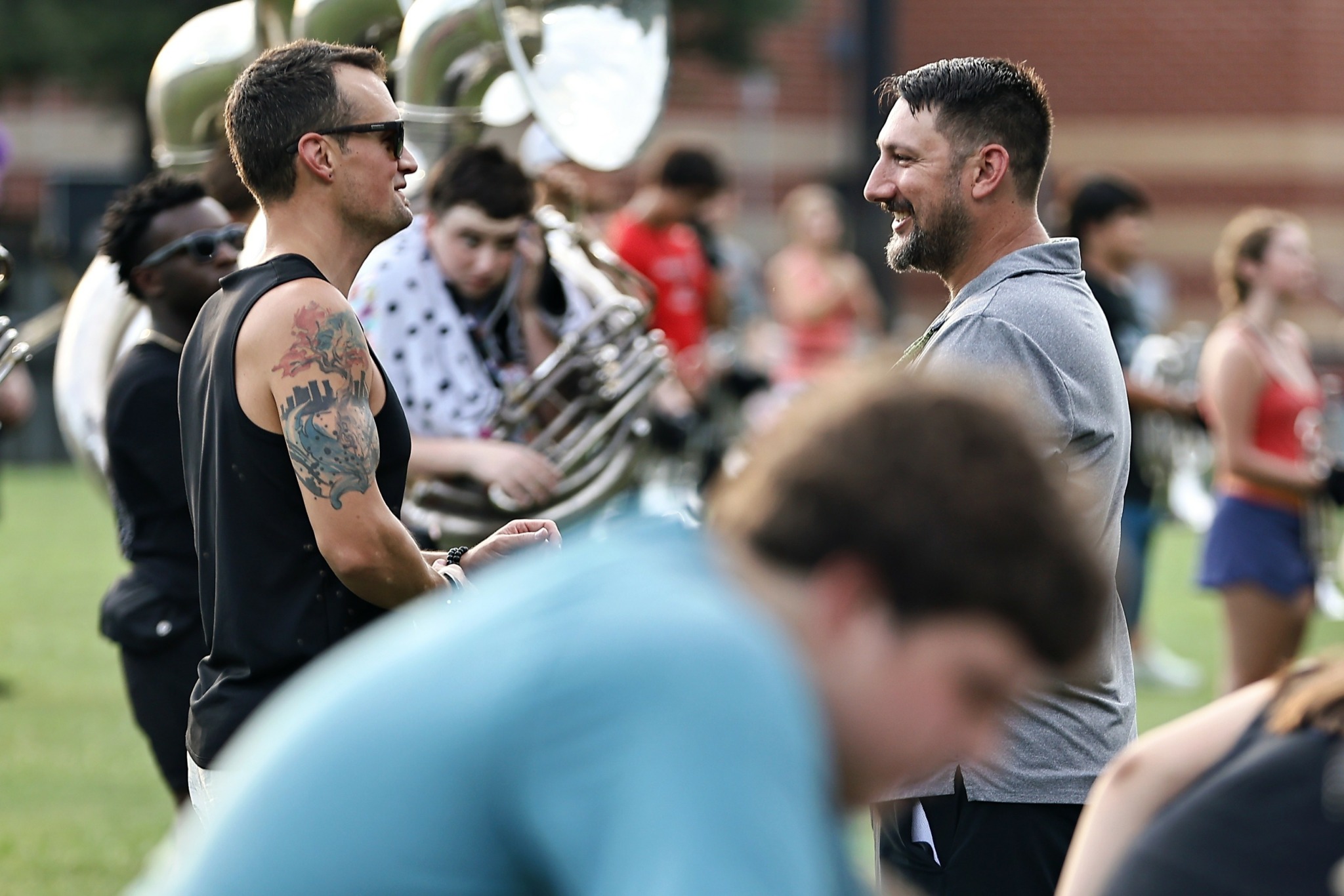
What can society do to ensure an environment that’s helpful to artists and creatives?
Speaking strictly from a music perspective, investing in how young individuals get involved in music is a key component to a thriving artistic community. Having been around, involved in, and observing the music community for over 20 years, I’ve come to realize a lot of people get involved with music for the wrong reasons, and have difficulty sustaining a meaningful connection to it. Time and time again, I’ve seen classically trained musicians drop out of college or give up careers in orchestra/band because they can’t sustain it or think outside the box to make it sustainable. On the flip side I see musicians that may not be classically trained but struggling to make it on their own; with the right tools maybe they could have. Neither way is the “right way” to become a musician because music is just as much of an experience for the artist as it is the audience, but by starting at a young age and providing more outlets of education and experience, we could create a culture of cohesiveness amongst the music community. This starts with funding school programs to have these tools available to them, supporting community events and organizations, and getting kids involved at a young age.
Contact Info:
- Website: https://www.charlestownepercussion.com
- Instagram: https://www.instagram.com/charlestownepercussion?igsh=MWgzZjZwbzFiaHFkYg%3D%3D&utm_source=qr
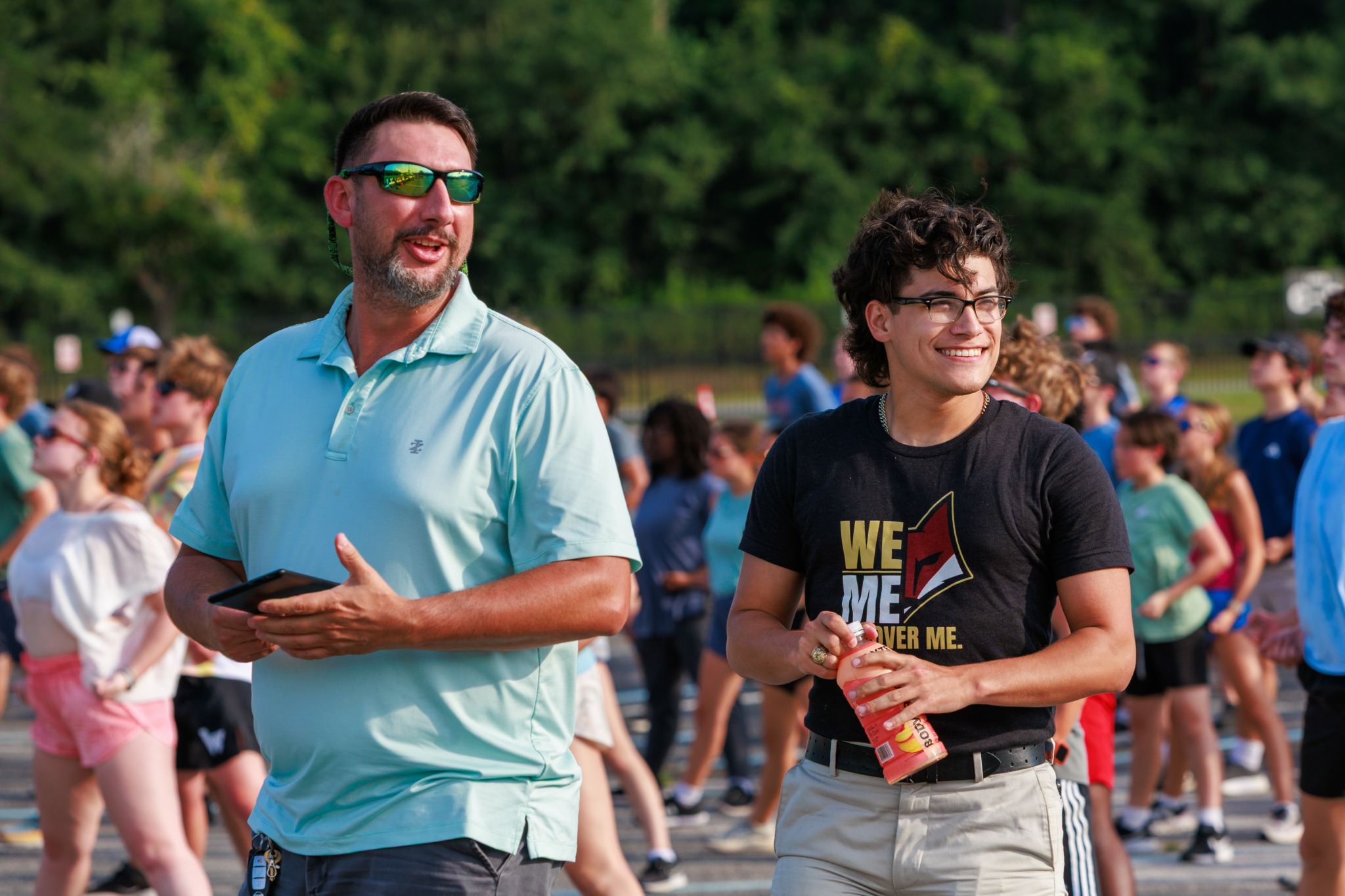
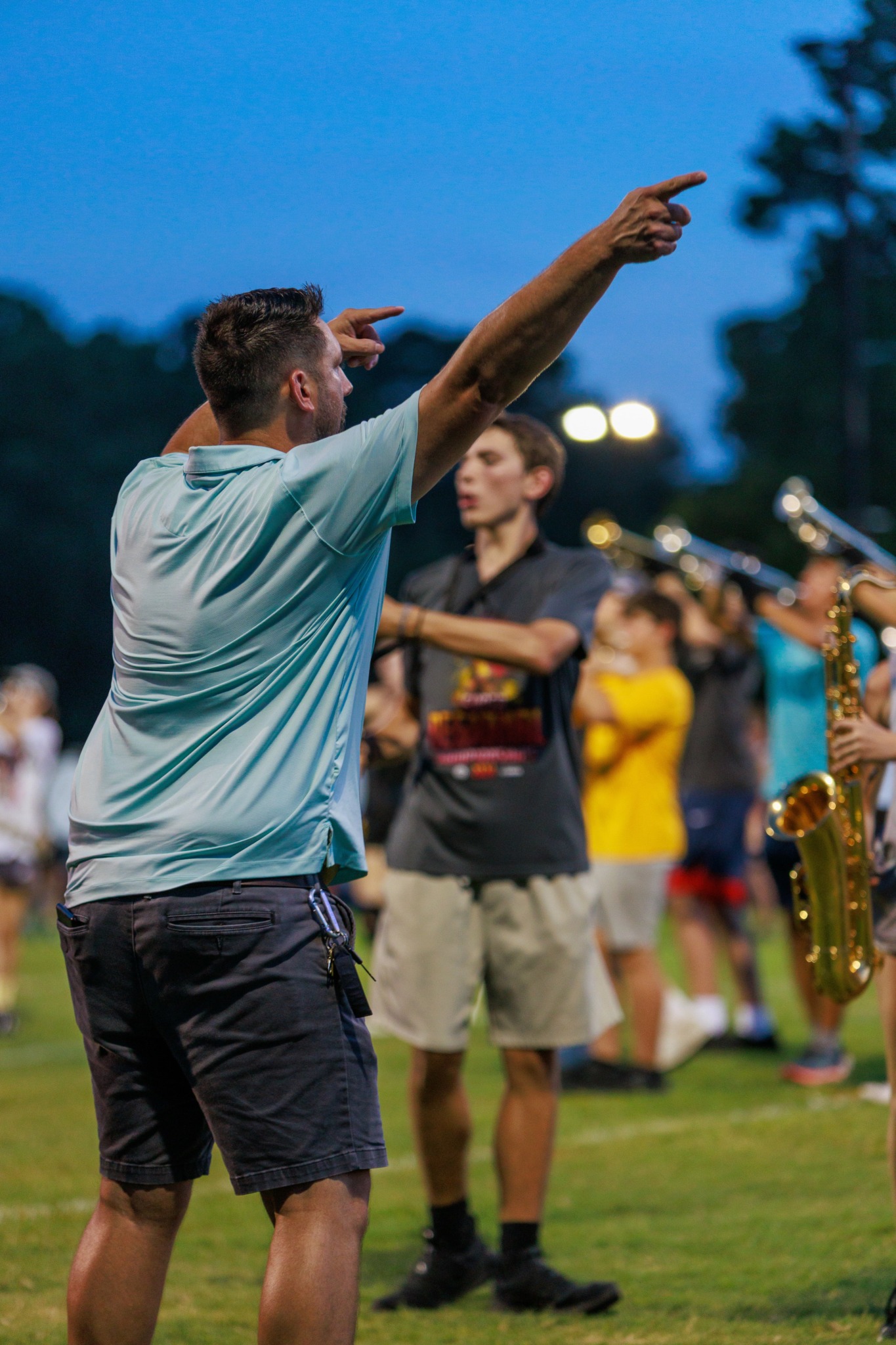
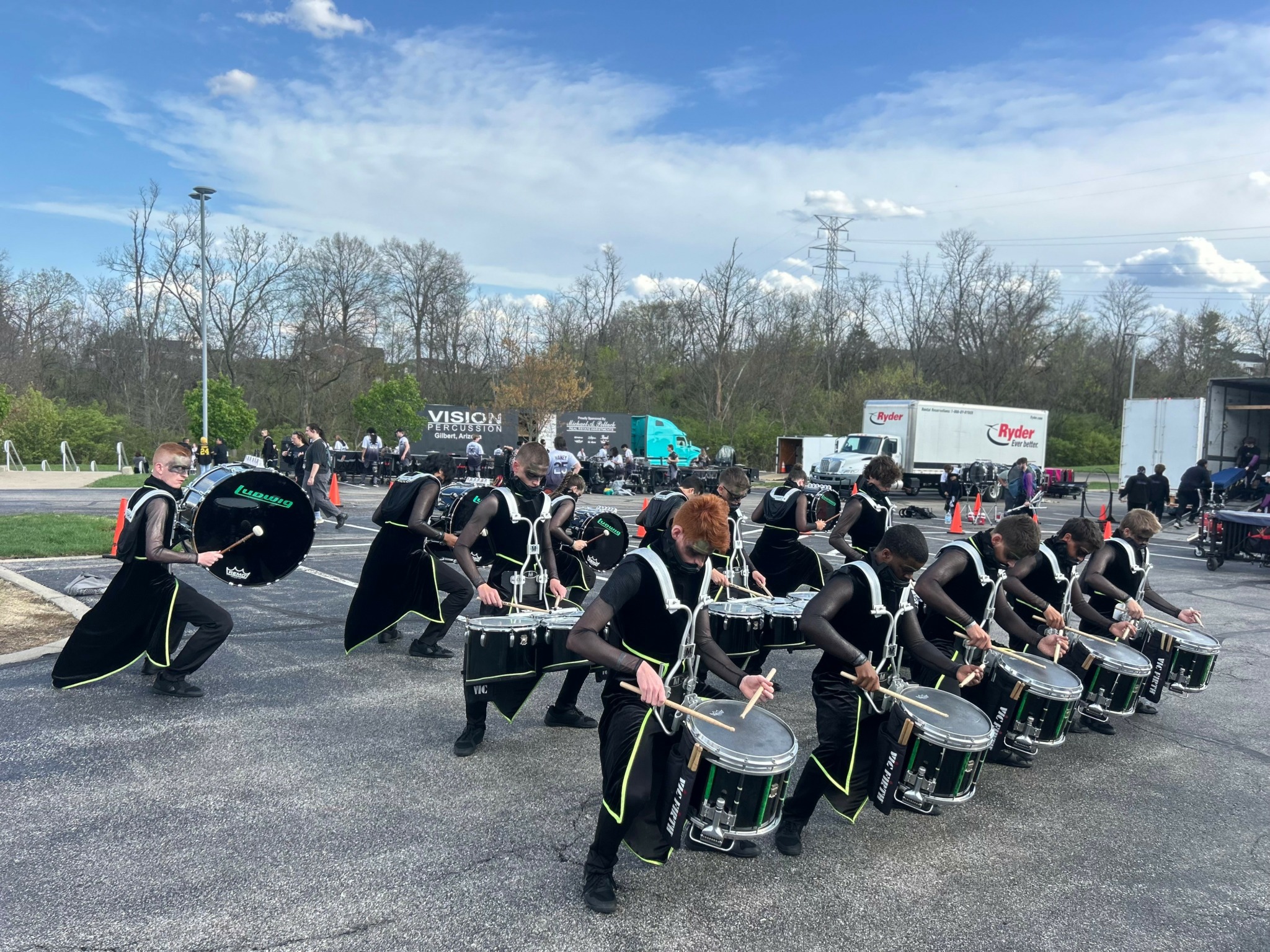

Image Credits
Sarah Mendoza


